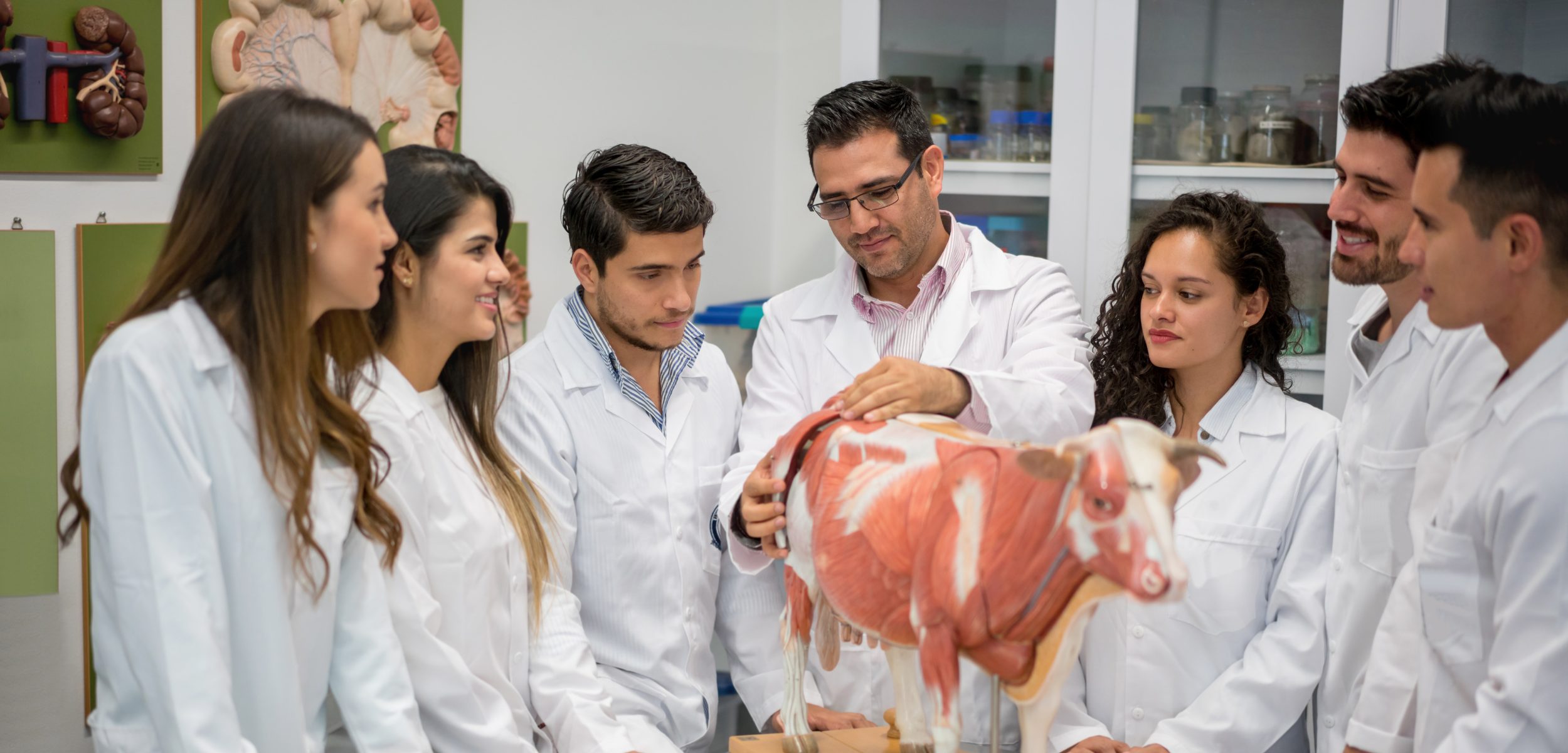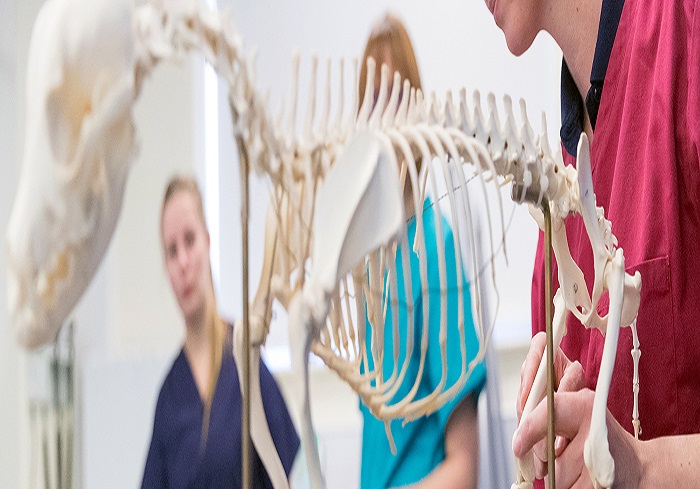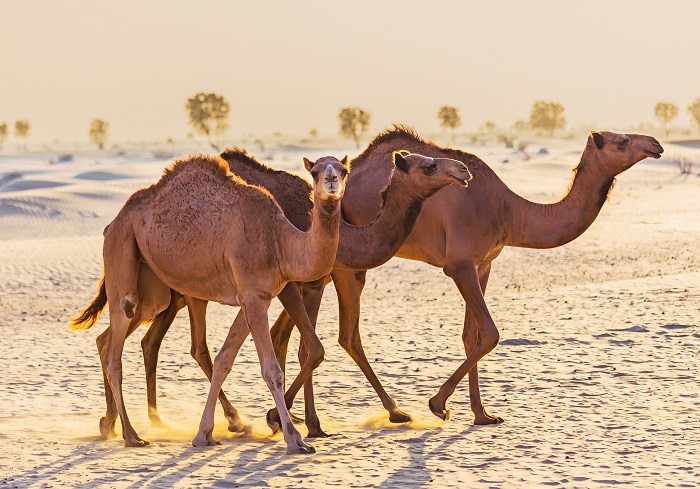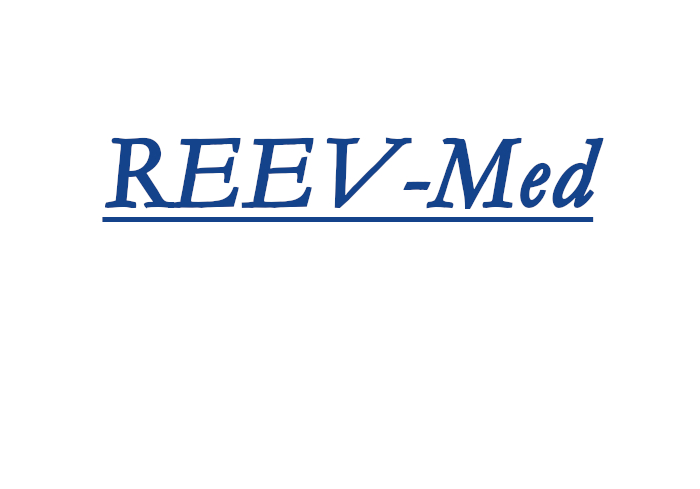High-quality veterinary education is key to equipping potential veterinarians with the necessary knowledge to perform efficiently and support Veterinary Services effectively. In numerous countries, however, notably in many developing and in-transition countries, the quality of veterinary education is failing to meet the requirements for delivering highly competent Veterinary Services. This has, therefore, highlighted the need for veterinary education to be strengthened, with particular emphasis on establishing minimum competencies and harmonizing key curriculum elements to facilitate the international mobility of veterinarians.
The WOAH Recommendations on the Competencies of graduating veterinarians (‘Day 1 graduates’) to assure National Veterinary Services of quality provide a basis for advanced training and education for veterinarians wishing to pursue a career in the public or private components of national Veterinary Services. These recommendations prepare the Day 1 veterinary graduate to promote global veterinary public health and apply it to all WOAH Member Countries.
To support these recommendations, the WOAH has developed guidelines for a model core veterinary curriculum. It is strongly recommended that the guidelines be consulted by veterinary education establishments in WOAH Member Countries when developing veterinary medical education. The WOAH Guidelines on Veterinary Education Core Curriculum represent a basis on which national needs and circumstances could be added, and are offered primarily to developing and in-transition countries as an initial step to enhance and sustain national Veterinary Services.
Read more“The World Organisation for Animal Health (WOAH)”, and its Reference laboratories and Collaborating Centers/Institutes, provided the tool of twinning, global support, and assistance to member states by providing expertise and capacity building to improve Governance and capabilities of the Veterinary Services in protecting animal health and public health. The main objective of the twinning mechanism is a continuous and sustainable link between the parties involved. It ensures the exchange of knowledge and skills allowing the candidate party to develop better expertise and capacity in preserving animal health and welfare. It also allows it to provide support and collaboration with other regional countries. The twinning tool is a perfect remedy, among others, for the treatment of gaps in the capacity of the Veterinary Services, described and identified by the “Evaluation of the Performance of the Veterinary Services (PVS)” mechanism. The twinning of veterinary education is the basis of all twinning as it works to develop the required knowledge and expertise from the early beginning of the veterinary profession.
The WOAH twinning between the Royal Veterinary College in the UK (RVC) and the Jordan University of Science and Technology (JUST) is demonstrative of how the curriculum of JUST is being aligned with the WOAH Day 1 competency and developed to address priority topics such as public health, animal health, and welfare. The partnering of postgraduate students from RVC and JUST on research projects has furthermore enabled synergies to be optimized and significant results to be yielded.
The veterinary profession guarantees control of animal health, food security, safety animal welfare, and preservation of our environment. The globalization of trade, responsible for a large part of the emergence of health crises mainly of animal origin, during the last decades, revealed or recalled the essential role of veterinarians in the establishment, at the international level, of a warning system and control of emerging and re-emerging diseases.
Therefore, it is now essential to ensure an optimal level of competence for both public and private veterinarians, throughout the world. The acquisition of these skills requires a high-quality level of training: initial, specialized, and complementary.
For these reasons, was created the network of establishments for veterinary education in the countries around the Mediterranean (REEV-Med), which have many similarities in common, in the field of animal health within the region. This network fits into the recommendations of the world conferences on veterinary education organized by the World Organization for Animal Health (WOAH).
More


